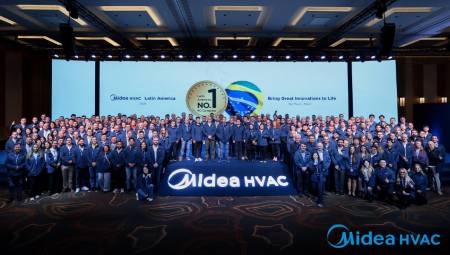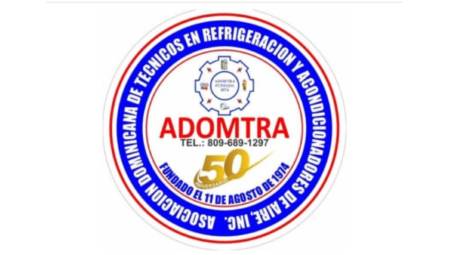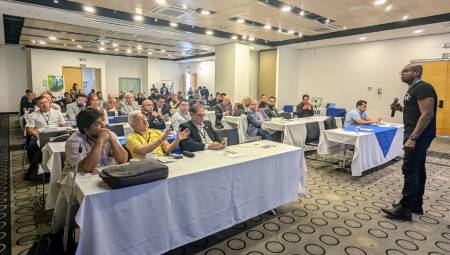 A strong controversy has been unleashed in relation to the production of biofuels and its direct impact on the rise in the prices of foods such as pasta and bread. The latest news regarding the issue was generated by the United Nations (UN), which criticized, harshly, the use of corn, barley, sugar and vegetable oil as raw materials for the manufacture of biofuels. The agency asked the international community to suspend the production of energy based on agricultural raw materials for a period of five years.
A strong controversy has been unleashed in relation to the production of biofuels and its direct impact on the rise in the prices of foods such as pasta and bread. The latest news regarding the issue was generated by the United Nations (UN), which criticized, harshly, the use of corn, barley, sugar and vegetable oil as raw materials for the manufacture of biofuels. The agency asked the international community to suspend the production of energy based on agricultural raw materials for a period of five years.Evidence of this difficult situation was exposed in the report made by www.lostiempos.com, where in a detailed report, they show the high levels reached by food prices in the world. Some asides talk about Italians eating pasta at a 20% higher price, Bolivians and Peruvians consuming more expensive bread and Germans drinking more expensive beer. In addition, they point out that in 2007 wheat increased by 67% compared to 2006 and predict that the costs of seeds such as soybeans, rapeseed and sunflower, will increase in price by 26% by 2010.
However, and parallel to the agricultural crises that have been revealed in various countries, hopeful research has appeared that shows the possibility of generating biofuels from waste. We talk about elements such as used cooking oil, animal fats -dead-, cellulose waste, etc., among other interesting research.
The high costs of food have reconsidered the relevance of the biofuels project based on agricultural raw materials, even more so, when other ways of generating them are already known.
Biofuels promise to reduce dependence on oil, but, as things stand today, this would come at a great cost: we are talking about sacrificing much of the arable land; which not only poses a threat to the food supply, but also endangers the rainforests, due to the deforestation that is generated.
The problem of the UN proposal appears when we look at the progress that crops and food-based energy generating plants have had, today, these operations represent thousands of hectares planted and thousands of jobs. This number of projects are actually an avalanche difficult to stop, this, without delving into the issue of high oil prices, which increasingly mark the manufacture of new fuel alternatives.
And it is that the productions of bioethanol and biodiesel in the world are already niche markets so widely exploited, that thinking about stopping them, is almost a utopia. In 2007, the European Union generated approximately 10.4 million tons of biofuels, in the case of Latin America, the bioethanol industry based on sugarcane, only in Brazil, generates 4.2 million jobs, per year generate 17.5 billion liters of ethanol, allocating 80% for domestic consumption. Argentina exported biodiesel for US $ 66.3 million dollars in 2007 – data published in the newspaper La Nación – these are some of the current figures, the projected figures are even more overwhelming.
The dilemma is just beginning, but according to Professor Rodrigo Torres of the Industrial University of Santander, in Colombia, concerns about the food crisis and pessimistic visions of environmental degradation should be mitigated by developed countries through a strategy of sustainable and sustainable development, as well as the stabilization of the prices of raw materials used for the generation of biofuels, especially corn.
Undoubtedly, the problems with food and the environment had already been glimpsed by scientists, and for that reason, they bet on new ways of generating biofuels. The UN proposal opens many questions, and we will surely witness international measures to give preponderance to fuels that are generated from waste, but... Will this be enough to mitigate the looming problem?













